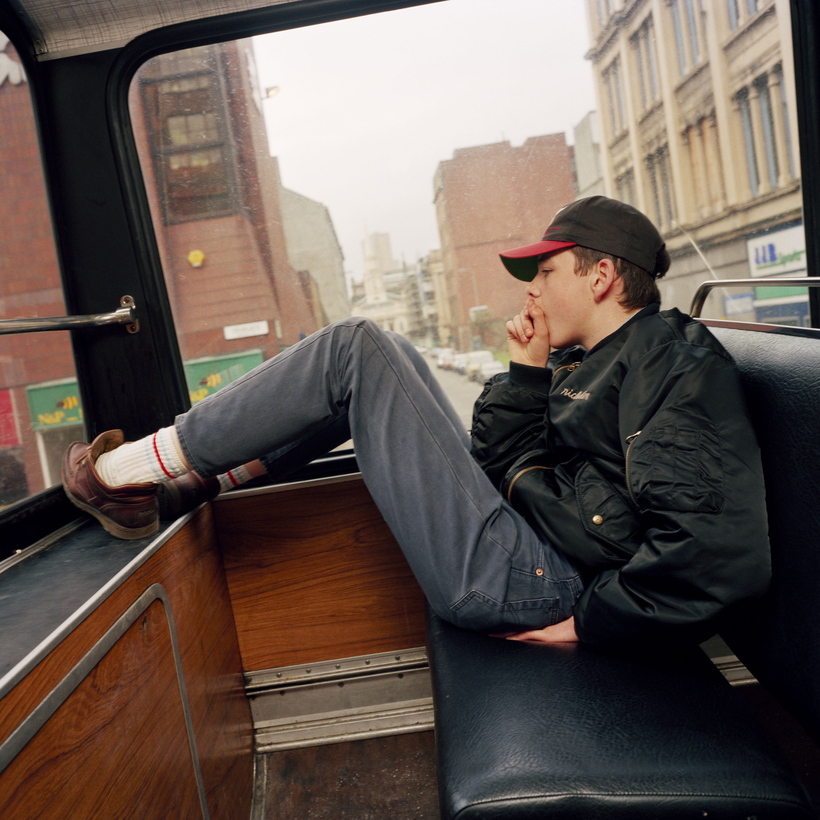Young Mungo by Douglas Stuart
Shuggie Bain (2020), Douglas Stuart’s Booker Prize–winning first novel, was such a stunning amalgam of tenderness and brutality that a reader braces for a letdown from a follow-up appearing as quickly as Young Mungo now does.
Some broad repetitions do, for a while, threaten the possibility of a fresh impact from this second book, which Stuart admits was written “in between” drafts of the first.

